Here’s a look at the strategic interests of key stakeholders:
The United States
Washington viewed Syria's fragmentation as a way to undermine Iran, which, along with Lebanese Hezbollah, Iraqi Shiite militias, and Yemeni Houthis, forms the Axis of Resistance against US-backed Israel.
Weakening this Axis ensures greater security for Washington's ally, Israel.
A declassified 2012 Defense Intelligence Agency report revealed that the US planned to support the creation of a Sunni Salafist principality in Syria to isolate government-controlled territories considered the "strategic depth of Shia expansion" for Iran and Iraqi Shiite militias.
Israel
Technically at war with Syria since 1948, Israel views the collapse of Syria as removing a long-standing adversary. The Israeli Defense Forces (IDF) have targeted Syria's arms stockpiles and military installations to eliminate its war potential.
Syria was also a critical link for Iran to supply Hezbollah in Lebanon. Syria's disintegration benefits Israel by weakening the Axis of Resistance and reducing external pressure on its policies regarding Palestinian territories.
Additionally, Syria's fragmentation has enabled Israel to solidify its control over the Golan Heights, nullify the 1974 ceasefire agreement, and expand its territory by seizing Syria-controlled Golan areas.
Turkiye
Ankara aims to maintain control over northern Syria, bordering Turkiye, where the US-backed Kurdish People's Protection Units (YPG), designated as terrorists by Turkey, currently operate.
Syria's fragmentation poses a threat to Turkiye due to the Kurdish aspiration for an independent state, which threatens Turkiye's national security and territorial integrity. Approximately 30 million Kurds live in the mountainous regions of Iran, Iraq, Syria, and Turkiye.
The Turkish-backed Syrian National Army has recently expelled the YPG from Tal Rifaat (north of Aleppo), severed a key route between Raqqa and Aleppo, and encircled the city of Manbij from three sides.
Iran
Syria played an important role in the Axis of Resistance in confronting Israel and defending the Palestinians, according to the Iranian Foreign Ministry.
Iran and Syria also cooperated in the joint fight against ISIS* and other sectarian factions threatening Iran and its Shiite allies.
Iran sought to preserve Syria's territorial integrity and assisted in political reconciliation between warring parties to prevent chaos and fragmentation, which could lead to broader regional instability.
Iranian Foreign Minister Abbas Araghchi has expressed concerns about the potential for sectarian war, civil war, Syria's disintegration, and its transformation into a hub of terrorists.
Russia
Syria has been a longstanding Russian ally, providing the Russian Navy with a permanent presence in the Mediterranean Sea at the port city of Tartus since 1971.
Russia's involvement in the Syrian conflict coincided with the ISIS* expansion and came at Damascus' request to combat terrorism "abroad to prevent it from striking at home," as President Vladimir Putin stated in 2015. The Syria crisis threatened to expand to Russia's Caucasus and beyond.
Following the defeat of ISIS, Russia's strategic interests included stabilizing the situation on the ground, curbing remaining terrorist threats, and ensuring reconciliation of warring parties along with a political settlement to maintain regional stability.
*Terrorist organization banned in Russia and many other countries

 4 months ago
34
4 months ago
34
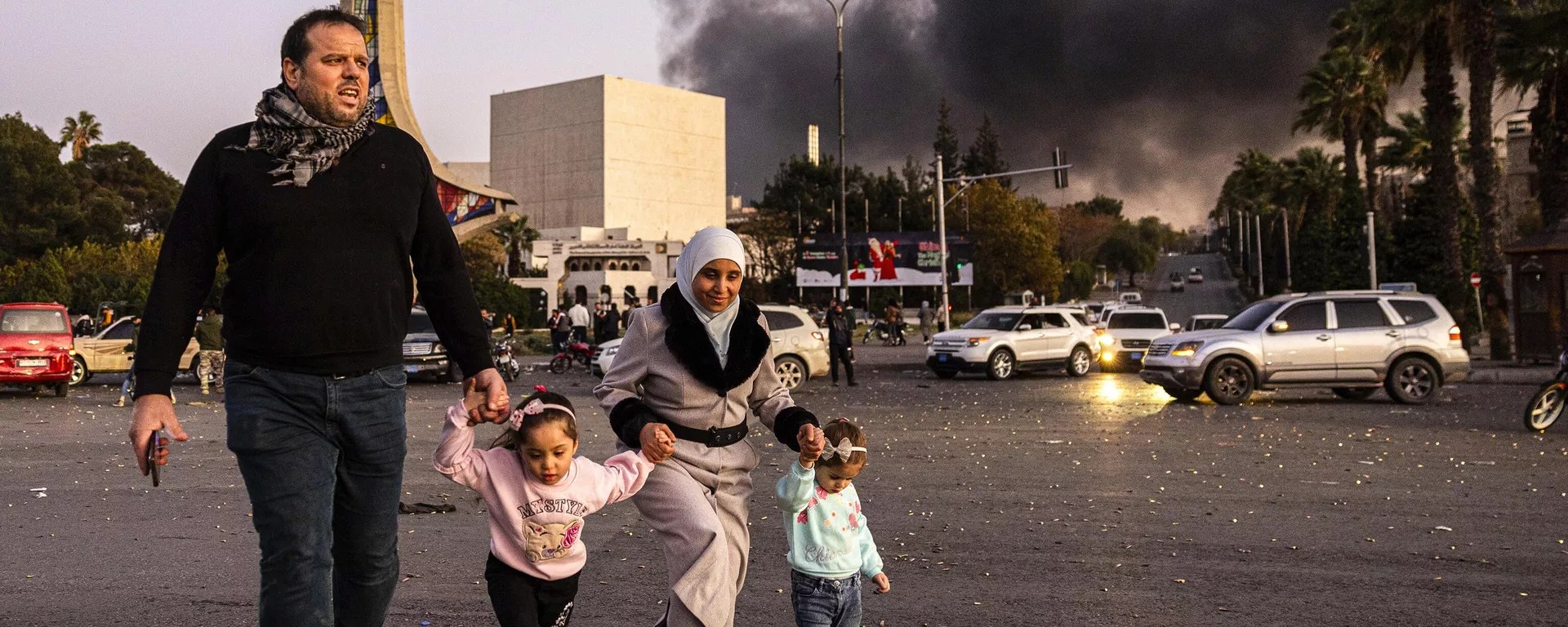
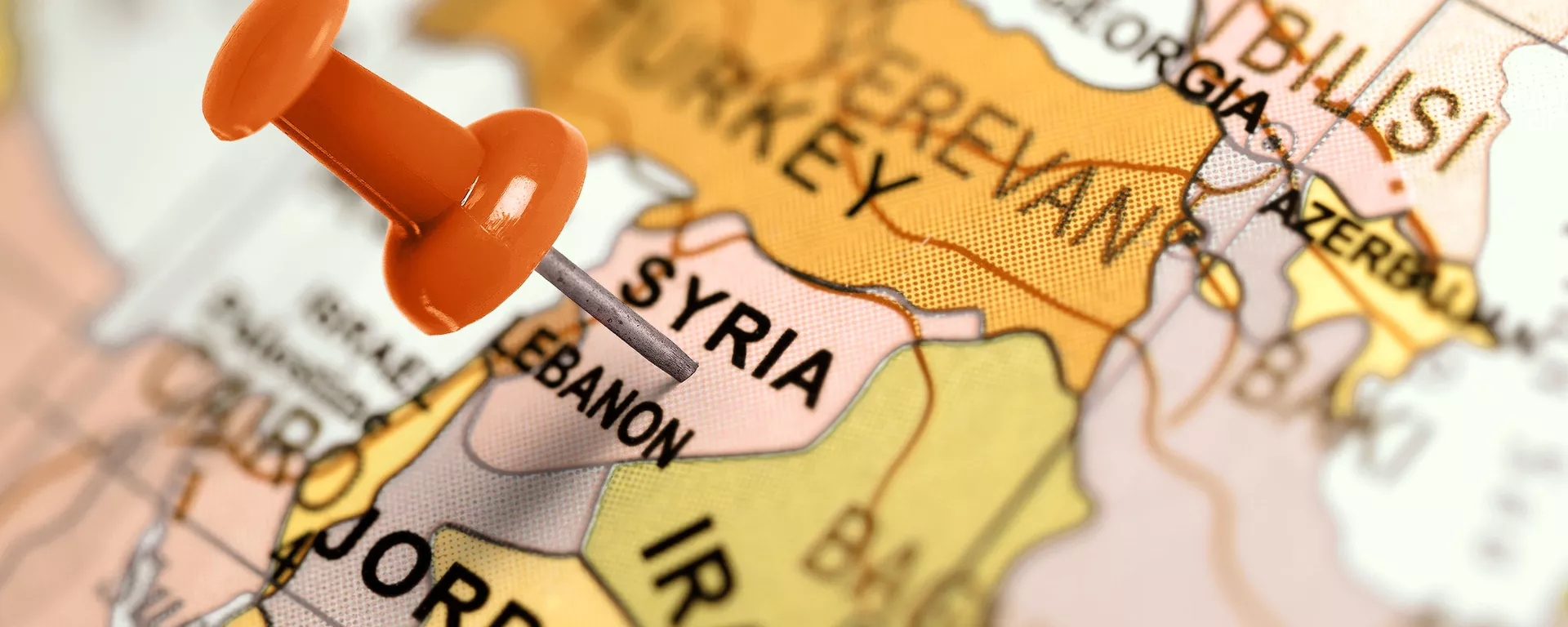
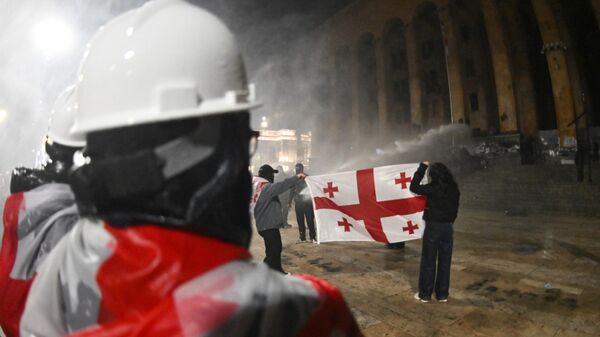

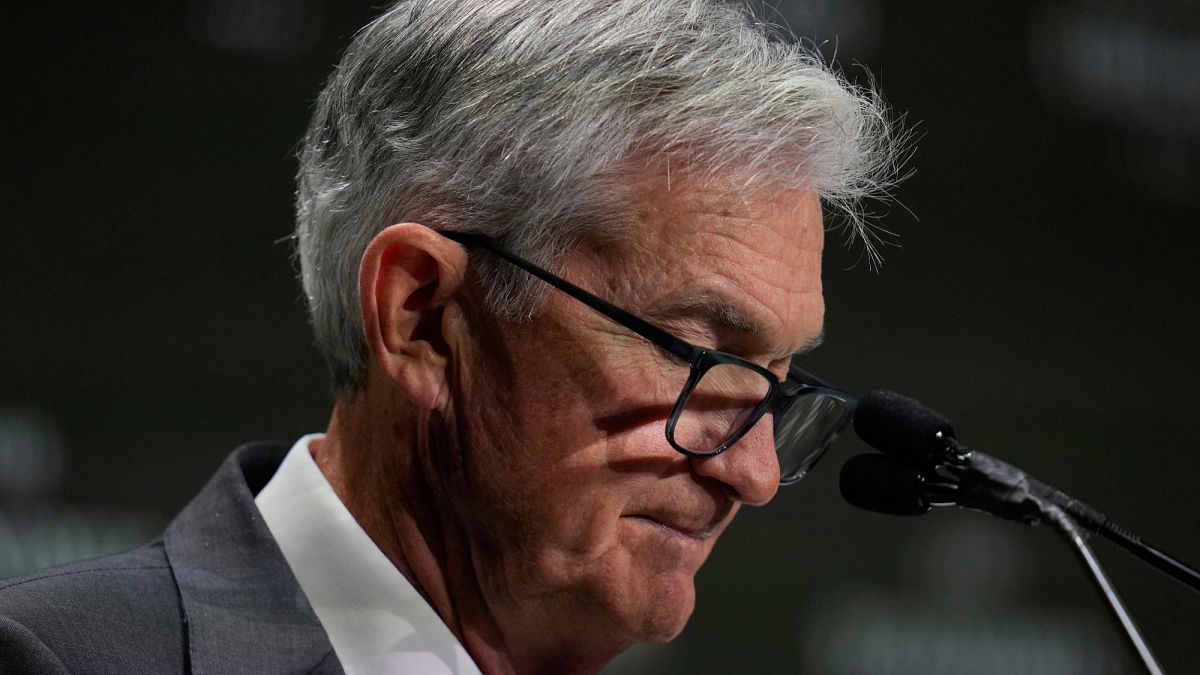
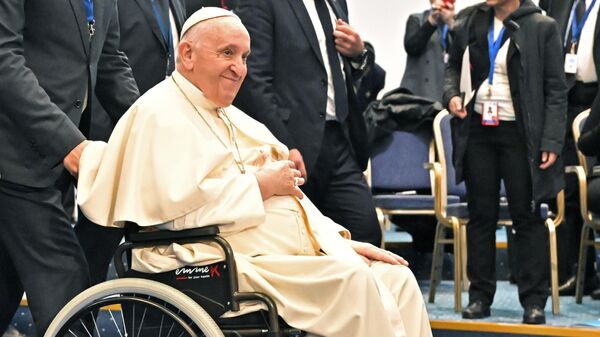
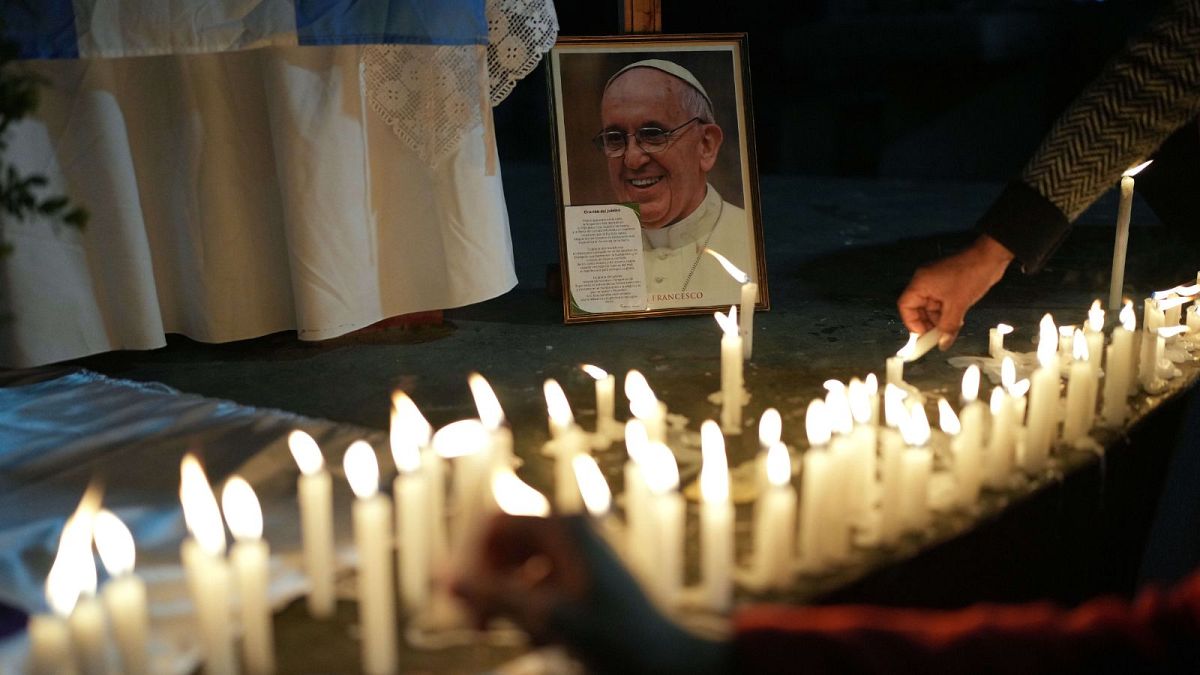
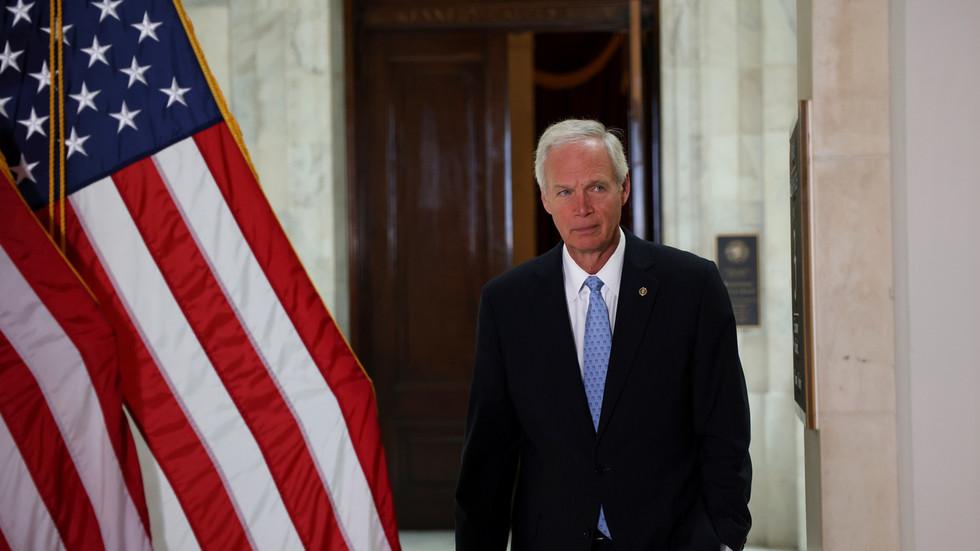
 We deliver critical software at unparalleled value and speed to help your business thrive
We deliver critical software at unparalleled value and speed to help your business thrive






 English (US) ·
English (US) ·